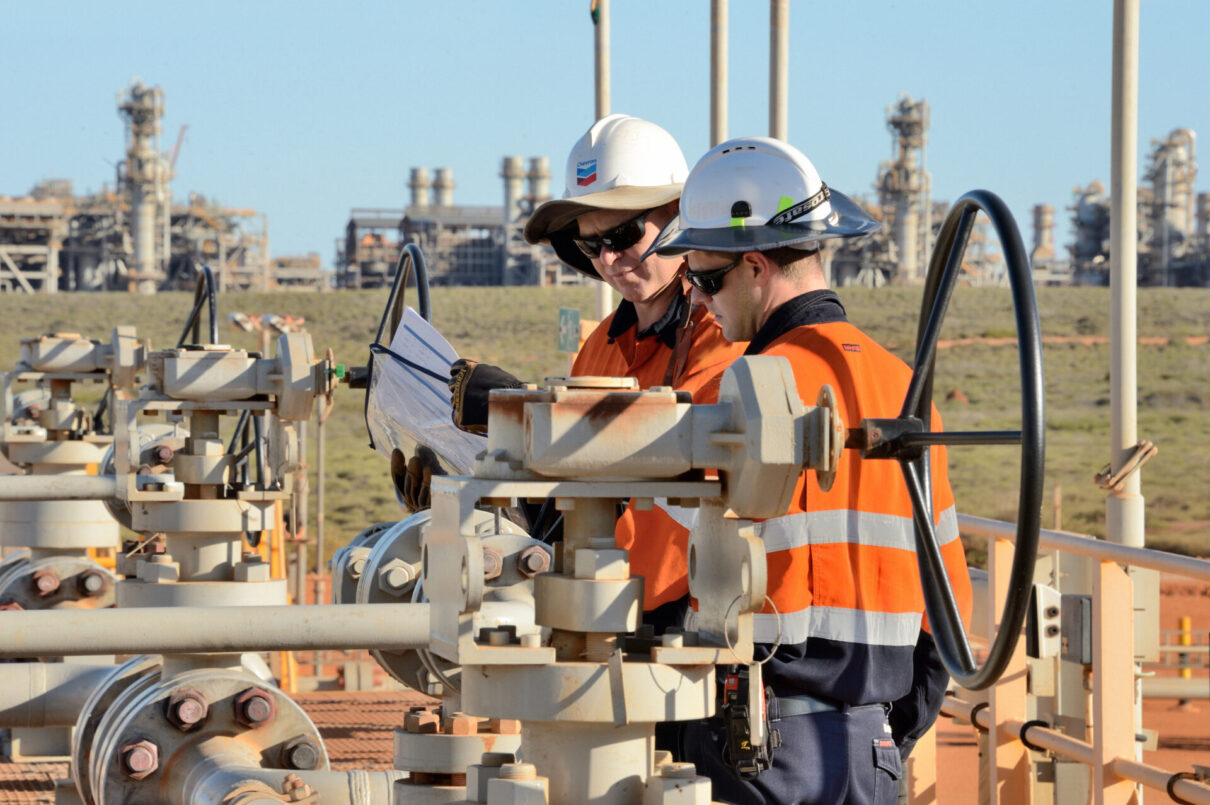Like a reanimated corpse from The Walking Dead, carbon capture and storage (CCS) is the boondoggle “technology” that just wont die. As a way for governments to piss public money up the wall, CCS is incredibly effective. On almost every other front, it’s a spectacular failure.
But apparently, Australia is set to be the “sequestration nation”. Huzzah!
In a perpetual triumph of hope over experience, Resources Minister Madeline King launched a new report on the “economic potential” of CCS this week from Low Emission Technology Australia. A fully networked CCS industry along the east coast could increase economic activity by tens of billions of dollars, according to the best-case scenario outlined in the report summary.
The rhetoric is polished; the facts are not.
Commercial-scale carbon capture and storage is like teleportation, a nice idea, but a total fantasy. It’s perpetually 10 years away from fruition. Let’s begin with Australia’s track record. I am old enough to remember when the coal industry promised commercial-scale CCS would be “bolted on” to our coal-fired power station fleet by 2015 at the latest. What a joke.
Australia’s biggest CCS project is Chevron’s Gorgon facility off the WA coast. Derived from the Greek word Gorgos, meaning fierce, terrible and grim, Gorgon is aptly named.
It was supposed to capture up to 4 million tonnes of CO2 per year. It has never come close.
It’s running at about one-third of its capacity and has missed every major milestone. Has any government demanded a refund? Cancelled their permits to operate, granted on the promise 80 per cent of its pollution would be buried? Of course not.
Chevron continues to pollute and profit, while CCS somehow still gets spun as a climate solution.
Then there’s ZeroGen’s $4.3 billion flagship clean coal project that failed spectacularly, sequestered no carbon, and cost taxpayers more than $100 million. Gorgon and ZeroGen are not the exception. They are the rule. CCS is an abject failure by any measure.
Despite this, CCS is being resurrected once again – not because it works, but because it serves a purpose. It gives the fossil fuel industry the social licence to expand.
Take the Middle Arm project in Darwin. Sold as sustainable development, it’s actually a petrochemical hub, reliant on fracking the Beetaloo Basin, greenwashed with the promise of burying its emissions.
Or consider Santos Barossa gas project, one of the most carbon-intensive fossil fuel projects in Australia’s history and one of the dirtiest gas projects in Australia.
Governments aren’t just enabling this – they’re fast-tracking it. While essential environmental protections sit idle, the Albanese government prioritised legislation designed to help Santos bury its carbon abroad.
Special ”sea dumping” legislation allows it to offset pollution by piping it to Timor-Leste for burial. Once again, the public interest is playing second fiddle to fossil fuel profits.
This is not a climate policy. It’s a fossil fuel expansion plan with a CCS bow on top.
The International Energy Agency and IPCC do mention CCS in some scenarios. But what they project is not a green light for governments to bet the house on unicorn technology.
Rather, it’s a sober warning that if everything else fails – renewables, electrification, behaviour change – we might need some CCS. The path to net zero should not be built on desperation fallbacks and marketing strategies.
And yet, here we are in 2025, still throwing public money and favourable legislation at a technology that has captured more political spin than carbon dioxide.
What’s more, if CCS is so commercially viable, why does it always need billions in subsidies, bespoke legislation, and regulatory carve-outs to survive?
Why does the fossil fuel industry only pursue it when it allows them to produce more fossil fuels?
While we never seem to have enough money for things people need, like keeping the unemployed above the poverty line, or funding frontline domestic violence services, yet public funding for CCS seems to draw from the same bottomless bucket of money new submarines are funded from.
The harsh truth is this: every dollar spent on CCS is a dollar not spent on proven climate solutions or on literally any other services or infrastructure we need. And we need to ask: if CCS was going to work, wouldn’t it have done so by now?
Carbon capture and storage a proven failure economically and environmentally is still touted as some miracle solution.
But what about what we know does work, and is available now? Are we at least investing in real solutions?
Nope. Trees are still the cheapest most natural way to sequester carbon, yet native forest logging is still perfectly legal in some states.
The NSW government has seen land-clearing jump by 40 per cent according to latest reports, and its long-promised Great Koala National Park is being logged instead of protected.
So, we can all stop pretending governments are actually interested in sequestering carbon.
The next decade is critical for climate action. We cant afford to waste it funding PR campaigns dressed up as policy.
We already know the best and simplest way to reduce emissions is to stop approving the massive expansion of Australia’s gas and coal industry, most of which is exported overseas.
Australia’s fossil fuel exports are a huge source of pollution. But they’re also driving up the cost of living.
Australia Institute research shows the massive expansion of gas exports on the east coast has tripled wholesale gas prices and doubled electricity prices. Stopping Australia’s massive gas and coal exports makes sense economically and environmentally. And there’s no special legislation required.
Australia doesn’t need more magical thinking. We need policy integrity, political courage and practical solutions. End native forest logging. Stop approving new gas and coal projects. The government could do that starting today.
Carbon capture and storage had its chance and blew it. Twenty years, a billion dollars, and Australia has nothing to show for it. If the fossil fuel industry wants to waste more money on CCS, fine. But not a single cent more of public money need be wasted on this fantasy.
You might also like
Ensuring workers’ safety in the climate crisis
As I watched the fires in Los Angeles unfold in January this year, my mind of course reflected on the 1999-2000 Black Summer bushfires in Australia. Both these seasons have wrought significant damage to humans and other animals, and to land, infrastructure and property. There has been a huge personal, collective and financial toll involved.
Climate target malpractice. Cooking the books and cooking the planet.
As the Albanese government prepares to announce Australia’s 2035 climate target, pressure is mounting to show greater ambition.
Dutton’s nuclear push will cost renewable jobs
Dutton’s nuclear push will cost renewable jobs As Australia’s federal election campaign has finally begun, opposition leader Peter Dutton’s proposal to spend hundreds of billions in public money to build seven nuclear power plants across the country has been carefully scrutinized. The technological unfeasibility, staggering cost, and scant detail of the Coalition’s nuclear proposal have




